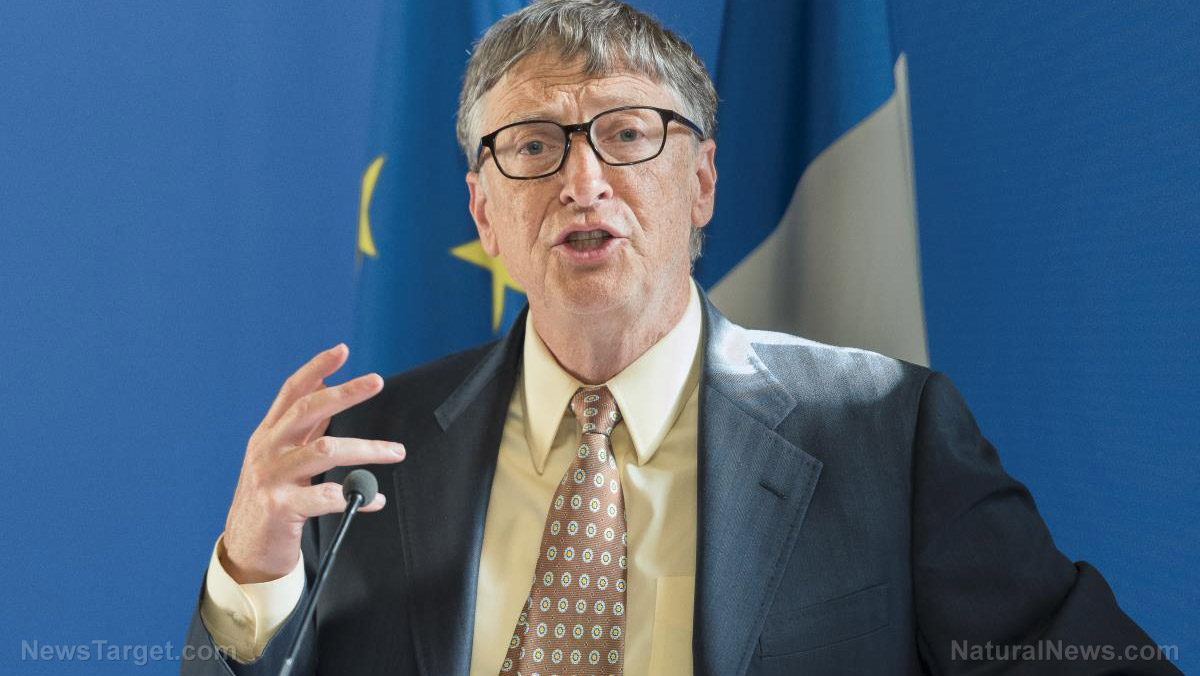
Advertisement
Russia is poised to become the world’s largest supplier of organic foods, after taking a stand against genetically-engineered seeds last summer, saying that it has “chosen a different path.” The decision is based on healthy scepticism as Russia refuses to breeze over the fact that GMOs have not been proven safe for long-term consumption.(1)
The country voiced concerns about the effect GMOs and their associated pesticides have on the environment, which often cause irreversible damage to Earth’s valuable resources. Russia has set itself apart from other nations through its rejection of modified foods, proving they are not in fact required for humans to survive – as the biotech industry will have you believe.
“Not only can we ourselves eat it, but also taking into account our land and water – which is particularly important – resources Russia could become the world’s largest supplier of healthy, environmentally friendly, high-quality food that has long been missing in some western producers,” said Russian President Vladimir Putin.
Russia actually values its resources
“Especially as the demand on the global market for such products is growing,” he added.
Putin is right. Organic food sales more than tripled between 2004 and 2014, growing from $11.6 billion in sales to nearly $36 billion, according to the Organic Trade Association. Globally, organic food and drink sales are expected to reach $104.5 billion, up from just $57.2 billion in 2010.(2)
To put that into perspective, IBM earned $93 billion in sales last year, while Nestle raked in $92 billion.(3)

The momentum behind consumer demand for cleaner, healthier food cannot be stopped. The word is out: GMOs do not always do what they were promised to, they harm the environment and we simply don’t know the health consequences of eating them.
Though they’ve tried through vicious attacks and slander, the biotech industry has failed to reverse public opinion about GMOs. There is just far too much science substantiating the public’s concern about modified food.
Russia’s decision to ban them is one to be admired.
“Russia does not import GMOs like most of Europe currently does, nor does it grow them. Unlike the U.S., Russia has deep concerns about the safety of GMOs and has chosen to implement an extended moratorium on their use as it looks to other, safer technologies that don’t come with the risk of birth defects, endocrine disruption and cancer,” reported Natural News.(4)
Russia vows to produce the ‘cleanest food in the world’
Russia’s Deputy Prime Minister Arkady Dvorkovich told the audience at the International Economic Forum in St. Petersburg that the nation “will not use these [GM] technologies” to increase agricultural yields, continuing on Putin’s declaration to “protect” Russians from GMOs.
He isn’t afraid to hold those caught breaking the law accountable either. Food manufacturers implicated in the unclear labeling of food containing GMOs could face fines, according to an article appearing in the January 2016 edition of Common Ground magazine.(1)
In January 2015 Putin signed the Russian Federation Code of Administrative Offences into law, including a new article establishing liability for the violation of mandatory requirements for the labeling of food products that contain GMOs.
“The bill which was submitted by the Federal Service for Supervision of Consumer Protection and Welfare (Rospotrebnadzor) imposes fines for vague or unclear labeling on food products containing genetically modified ingredients,” reported Common Ground.
As a result, Russian food products will be “one of the cleanest in the world,” said Dvorkovich.
The country’s landmass is large enough to produce organic food safely and cleanly without the need for carcinogenic herbicides such as Roundup. Made by Monsanto, the world’s largest seed provider, Roundup’s primary ingredient is glyphosate, a chemical deemed “probably” carcinogenic by the World Health Organization last year.
Around 2.6 billion pounds of this “probably” carcinogenic chemical has been sprayed on U.S. crops over the last two decades – a human health and environmental hazard you won’t stumble across in Russia.
Sources:
(1) CommonGround.ca
(3) Statista.com/
(4) NaturalNews.com
Submit a correction >>
This article may contain statements that reflect the opinion of the author
Advertisement
Advertisements















